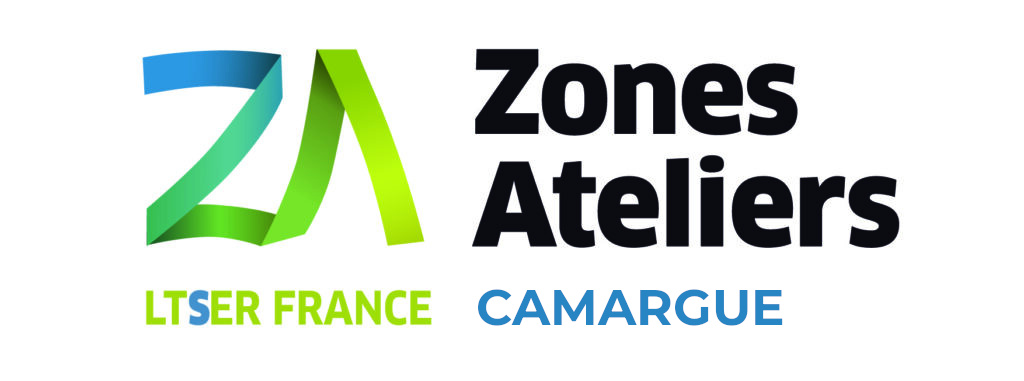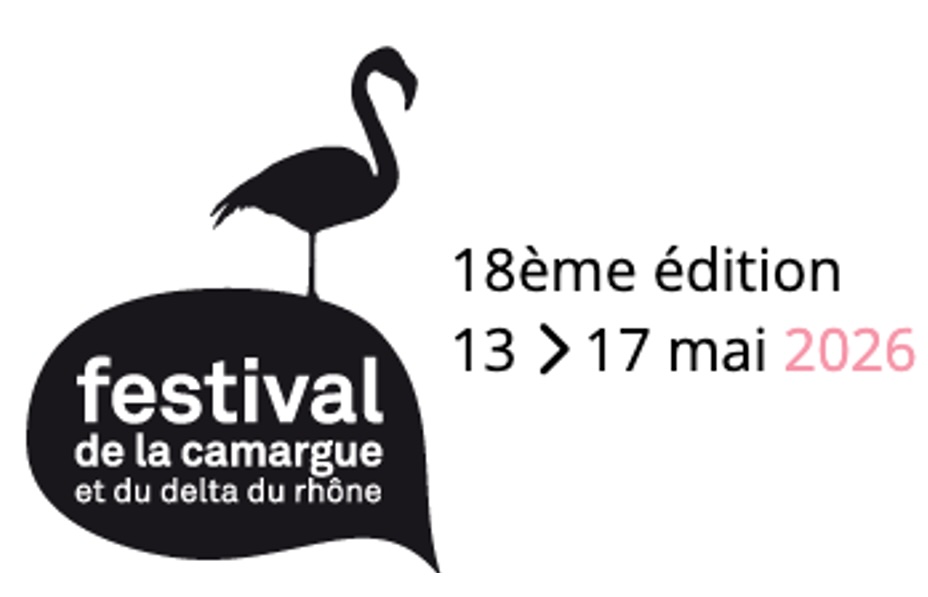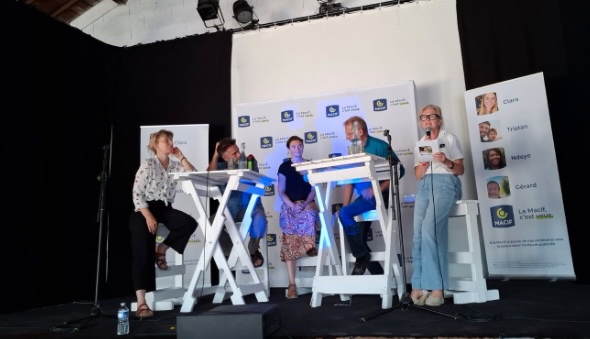Summary The aim of the EXPRESSE-BIOCAM project is to explore the combined effects of environmental exposure, social inequalities and territorial transitions on mental health in the coastal socio-ecosystems of the Camargue delta. In an interdisciplinary approach rooted in One Health and extended to mental health, the project uses cross-disciplinary tools from geomatics, ecotoxicology, social sciences, public health, psychology and artificial intelligence.
EXPRESSE-BIOCAM is run by UMR MIVEGEC and is part of the work of the Camargue Health and Environment Long-Term Socio-Ecological Research platform, namely the Zone Atelier « Santé-Environnement Camargue » in french (abbreviated ZACAM or LTSER ZACAM), research Infrastructure of the CNRS, in collaboration with academic, institutional, association and healthcare partners. This pilot project, based in a high-stakes region, is intended to be transferable to other contexts facing critical socio-ecological transitions.
A number of experiments are under way before the project is submitted in response to a targeted call for projects.
Voir par exemple l’actualité de la ZACAM (participation à l’Unoc 3)



